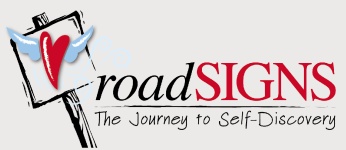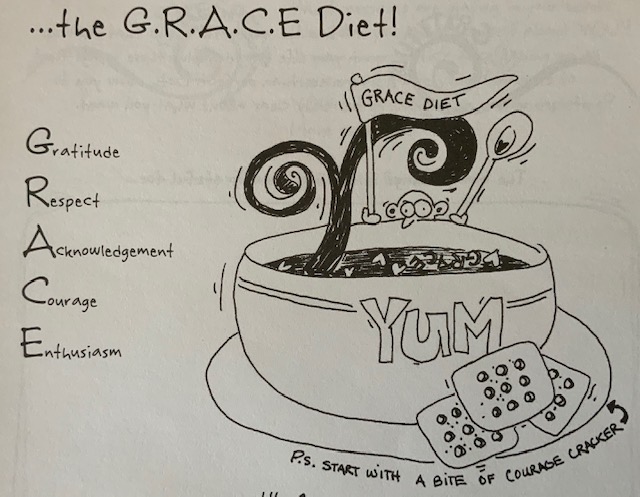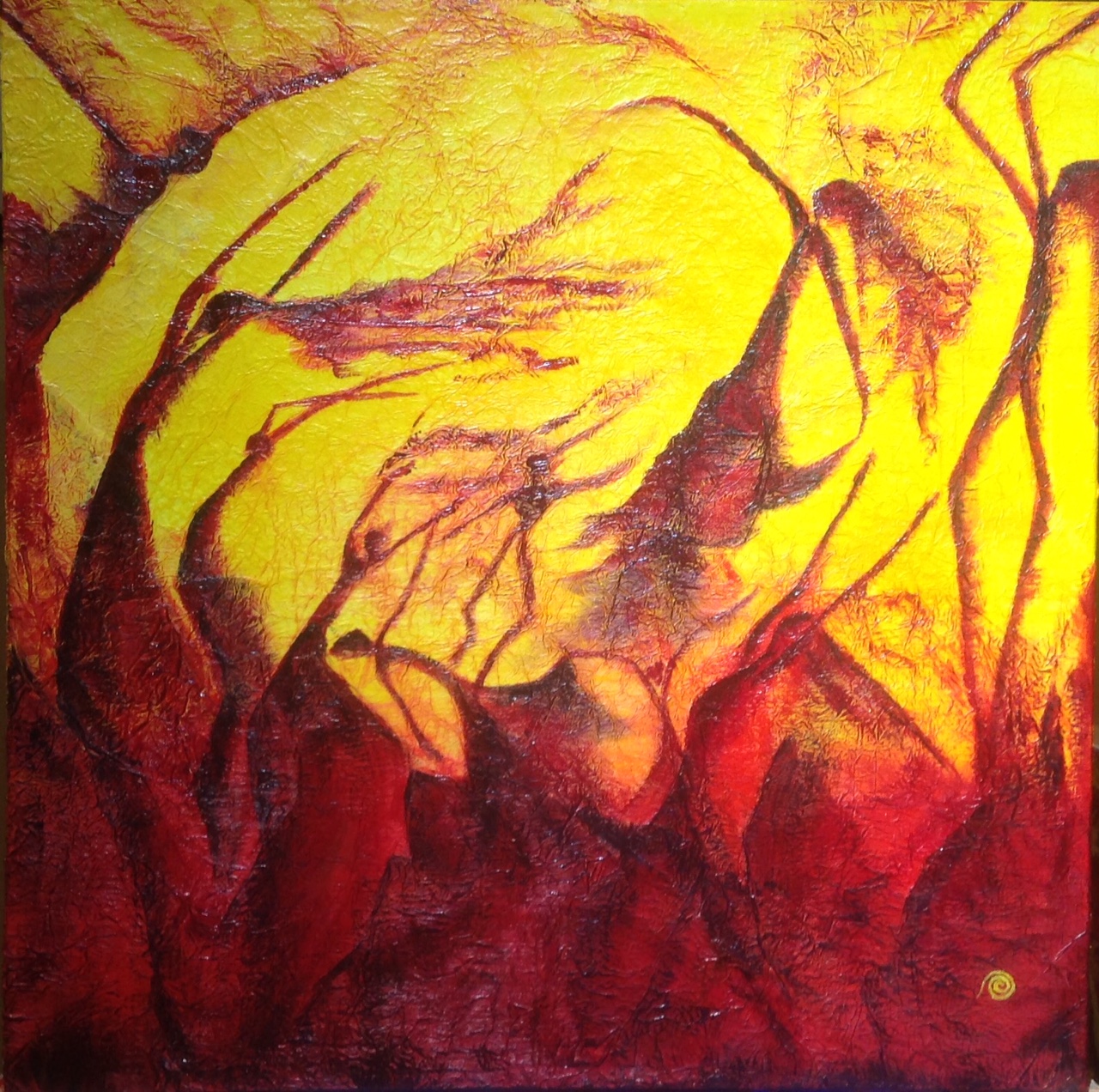Are you finding these times we are currently in challenging? I am. When the COVID Pandemic began in March 2020 I felt a global shift, a re-unification of the people around the world as we turned our eyes toward a common enemy. As restrictions began, it felt like a time out, an opportunity to push the refresh button, a chance to pause, reflect, re-appraise and re-think the choices we were making.
It is true that none of us could have imagined what would follow – a second, third and now forth wave. And with each wave the energy experienced at the beginning shifted and re-shaped itself into something less loving, less compassionate and certainly less unifying.
Today, despite more optimism and fewer restrictions, it seems like anger and judgment linger. All of us are guilty as society divided into the ‘pro’ and ‘anti’ camps. And here we linger. Can we stop? Can we heal? Can we once again come together?
This past Friday evening I attended a concert. Susan Algukark, a Canadian Inuit singer, performed, someone I have followed since she first became known to me in the 1990’s. Her music and lyrics move me. Like many of our indigenous people, she has embarked on a journey of healing and her song lyrics reflect this. One that she shared during the concert is O Siem, the lyrics of which are particularly relevant today:
O Siem, we are all family
O Siem, we’re all the same
O Siem, the fires of freedom
Dance in the burning flame
Siem o siyeya, all people rich and poor
Siem o siyeya, those who do and do not know
Siem o siyeya, take the hand of one close by
Siem o siyeya, of those who know because they try
And watch the walls come tumbling down
Siem o siyeya, all people of the world
Siem o siyeya, it’s time to make the turn
Siem o siyeya, a chance to share your heart
Siem o siyeya, to make a brand new start
And watch the walls come tumbling down
“A chance to share you heart, to make a brand new start and watch the walls come tumbling down”. Susan is a gift, an amazing troubadour of healing, a messenger for all of us. Healing and reconciliation, the energy all of us need to embrace to heal ancient wounds with our indigenous people and, if I may suggest, with one another. We need to heal, we need to forgive, we need to once again believe in community and country and the greater good for all. Most importantly we all need to wake up, turn off the news and look across the table at our neighbours and once again have civil, compassionate and loving dialogue.
I understand this may not be easy. I don’t agree with the actions some of my friends and colleagues have taken during the past months. And yes, I judge some of these actions as careless, thoughtless, uninformed and….. All these feelings have absolutely thrown me for a loop. These are emotions that are contrary to my nature and have fueled my own anger and resentment. And I want to stop. Don’t you?
Where do we begin the healing process?
It happens that I am currently involved in teaching a program on self-compassion. Yes, life always provides opportunity to learn what you need to learn, especially when you are the teacher. And as it turns out self-compassion is the first step on the healing journey. It allows me to look at that side of me that I dislike, bless her, forgive her, and move into action differently. I am not denying anything, I am accepting myself warts and all, learning and choosing a new path.
Self-compassion seeds compassion and kindness for others. One of the aspects of the self-compassion model, developed by Kristin Neff, is common humanity. In other words, we are not alone. Most of us have been struggling with the same inner demons and reacting in ways we had not expected during these somewhat challenging times. Everyone is affected, albeit differently. As a result, we need to grow our tolerance for the differences and begin to forgive one another.
Let’s also be clear. Forgiveness does not mean we suddenly agree with what others say and do. It is, as Ken Blanchard said in the One-Minute Manager, judge the act not the person. Forgiveness is also a gift we offer to ourselves, perhaps even more than for others. When we forgive, we lift the weight we have been carrying on our shoulders and, in our hearts, we cultivate kindness and understanding, we may disagree but we stop judging, we begin to build bridges.
Care to join me?
Until Next time,
Betty Healey, MEd., CAPP





